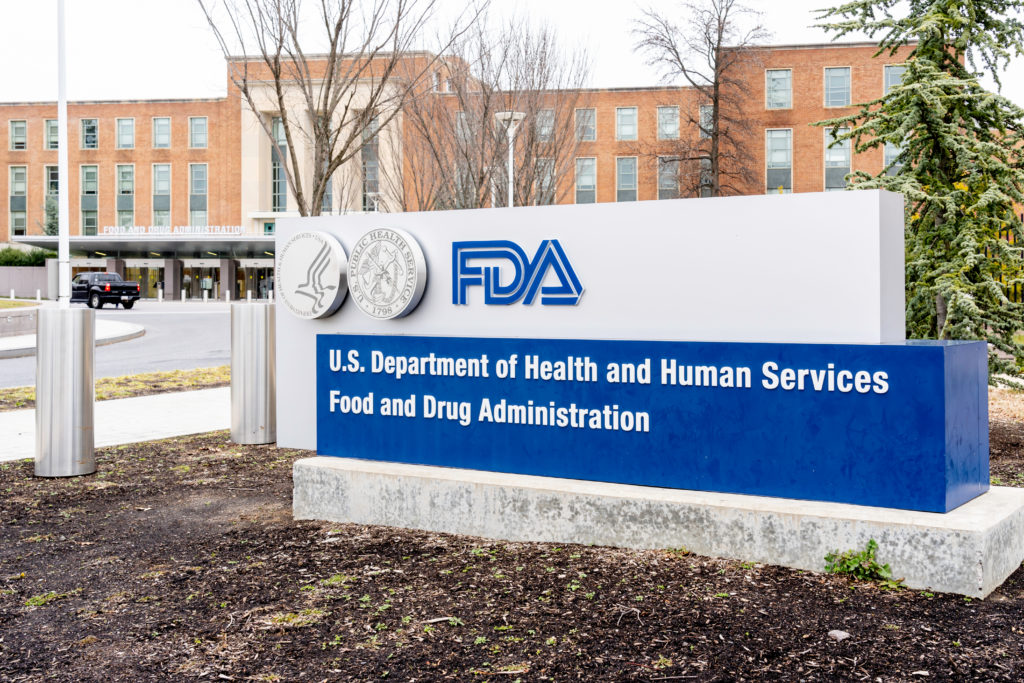The US Food and Drug Administration (FDA) has granted approval to Azurity Pharmaceuticals’ liquid version of its epilepsy drug zonisamide (100 mg/5 mL; brand name Zonisade) as an adjunct therapy for the treatment of partial seizures in adults and pediatric patients 16 years of age and older with epilepsy.
The anticonvulsant was on track to be approved in 2021; however, the FDA halted the approval due to a pending manufacturing site inspection, which was delayed due to pandemic-related travel restrictions. The FDA finally inspected the site in January this year.
According to Azurity, Zonisade is the first and only zonisamide formulation for oral liquid administration to be FDA approved as an adjunctive therapy for the treatment of partial seizures in adults and pediatric patients aged 16 years and older with epilepsy.
Azurity acquired Zonisade in 2021 through its purchase of Eton Pharmaceuticals’ neurology portfolio. The deal gave Azurity access to two other drugs, including a topiramate oral solution anticonvulsant that received FDA approval in November 2021.
Zonisamide was first approved by the FDA in 2003 in oral capsule form, which is sold under the commercial name Zonegran.
It is estimated that 65 million people around the world have epilepsy and, in the US, about one in 26 people will develop the neurological disorder.
Epilepsy can also result in comorbidities and complications such as learning disabilities, autism, anxiety or depression.
Related: Seizure Drug from Sagent Pharmaceuticals Recalled Over Faulty Seal
“Zonisade is the first and only FDA-approved oral liquid formulation of zonisamide, and it offers healthcare providers an important new treatment option for their patients with epilepsy,” said Richard Blackburn, CEO of Azurity Pharmaceuticals in a news release from the company. “We are excited about this approval as we continue to grow our portfolio of liquid medications that meet the individual needs of certain patients.”
Zonisamide is classified as a sulfonamide and is used as an anticonvulsant or antiepileptic drug for treating epileptic seizures. While the exact mechanism of action of zonisamide is unknown, it is thought that the drug interferes with sodium and T-type calcium channels to suppress neuronal hypersynchronization that leads to seizures.
The safety and efficacy of zonisamide have been established through three multiple double-blind, placebo-controlled, multicenter clinical trials. The medication is currently indicated for pediatric patients 16 years of age and older because the safety and efficacy have not yet been established in patients younger than 16.
XTALKS WEBINAR:
Live and On-Demand: Wednesday, September 7, 2022, at 11am EDT (4pm BST/UK)
Register for this free webinar to learn how one can increase operational efficiencies and enhance the patient experience in clinical trials. The featured speakers will discuss why the industry has moved towards patient-centric data collection.
Zonisade is administered once or twice daily along with other medications to treat seizures associated with epilepsy.
The new oral suspension version of zonisamide offers patients greater flexibility and accessibility in administration, which can reduce burdens on both patients and caregivers as well as potentially improve treatment adherence, according to Dr. Jim Wheless, Chair, Pediatric Neurology, University of Tennessee Health Science Center in the statement from Azurity. “Zonisamide addresses an important unmet need in patients who have difficulty swallowing or who are unable or unwilling to take tablets,” he explained.
Azurity Pharmaceuticals is a private pharmaceutical company focused developing products to serve the needs of “overlooked patients,” according to the company’s mandate.
According to IQVIA data referenced by Eton, the different zonisamide formulations on the market currently make up a $65 million annual market.












Join or login to leave a comment
JOIN LOGIN